
Review: National Theatre’s ‘Network’
“I just ran out of bullshit.”
Now more than ever, this quote from Paddy Chayefsky’s seminal screenplay resonates with audiences. In 1976, its presence in the classic film Network rang true about the state of the news, whereas nowadays, it speaks truths about the endemic nature of sensationalism and fake news within modern social media.
The film’s plot concerns a news anchor, Howard Beale, whose angry outbursts during his last broadcast draw huge audiences, leading one of the heads of his news network, Diana Christensen, to turn his ravings into a regular show. The story then plays out as a satirical look at network television and its effect on people.
The key question being then, does the new stage adaptation running at the National Theatre maintain the quality of the original, the same way the quote retains its relevancy?
Short answer: yes, with flying colours.
The play is an audio-visual experience; a large screen, propped up at the back, projects live feeds from cameras that follow the actors, allowing the audience to see the action from all sections of the stage. This, combined with the myriad of differently dressed areas on stage, creates the convincing effect of multiple sets, effortlessly allowing the action to take place in multiple places. However, the visual aspects of the stage aren’t only used for a technical basis. During the famous “I’m as mad as hell, and I’m not gonna take this anymore ” monologue, the screens littered around the stage are filled with short clips of people from around the world repeating the mantra. This, along with a swell in the excellent music, creates a wall of emotion. It was so inspiring that I almost stood up out of my seat and bellowed along with them. Although, understandably, I and the rest of the audience maintained our British theatre-going etiquette and stayed seated.
There were moments in which our participation was wanted, and although it took a little prompting, we eventually took part. This entire review could be spent marvelling at the design and use of the incredible staging, from the live musicians to how some audience members were seated onstage at functioning bars and restaurants which played a part in some scenes, but there are other parts to discuss.
The main draw for a large part of the audience, and what I imagine convinced the theatre to stage such a complex and expensive play was the casting of Bryan Cranston in the role of Howard Beale. The role was performed by Australian actor Peter Finch in the 1976 original, and remains to this day, one of the great cinematic performances, meaning Cranston had massive shoes to fill.
And fill them he does. His performance is electric, captivating and completely mesmerising. He embodies the character; he devotes his entire being to possessing the ideal and emotions of Howard Beale. The character’s psychotic journey into madness is so perfectly brought to life that the Cranston most people know from Breaking Bad or Malcolm in the Middle disappears, replaced entirely by Beale’s tragic presence. He also interacts amazingly with the cameras, showing how his experience with both live and recorded acting work together to deliver one of the most superb theatrical performances I imagine I’ll ever see.
With the exception of Douglas Henshall’s questionable American accent, the performances are excellent all round, particularly Michelle Dockery as Diana Christensen. The actress, most known for appearing in Downtown Abbey, took on the role that Faye Dunaway won an Oscar for, and evokes both Dunaway’s original performance whilst adding some new elements. She is entirely brilliant, encapsulating the career-driven figure with great rigor.
The play is a complete and total triumph, simultaneously an exhilarating thrill ride and an introspective look into the nature of modern society. The film is noted for its incredible writing, much of which is lifted directly to the play, but there are a few moments in which characters speak different lines than they do in the film. Even so, this is not overly distracting, and even people such as myself who love the film to bits won’t find it to be a problem.
It’s also important to note that the production is entirely self-aware of how important its message is, and updates it accordingly. Some modern elements, whilst not pulling you out of the action, create overtones that allude to the problems in modern news and entertainment culture, linking the sensationalist ramblings of Howard Beale to the ingrained problem of fake news and sensationalist media that dominate the headlines today.
The most entertaining example actually came after the curtain call. The onstage screen played the inauguration moment of all the U.S presidents since Gerald Ford, up to and including a certain wig-topped satsuma. Funnily enough this prompted a thoroughly un-British, but well deserved, chorus of boos from the audience.
It was a fitting end, painfully relevant, but also an inspirational display of what makes both the film and play so great: the attitude of understanding and fighting against that which seeks to undermine our freedom.
If you have to see a play at the National theatre over the next few weeks, make sure it’s this one.
5/5





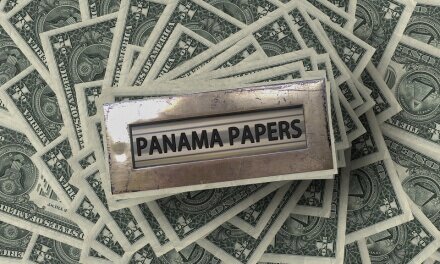
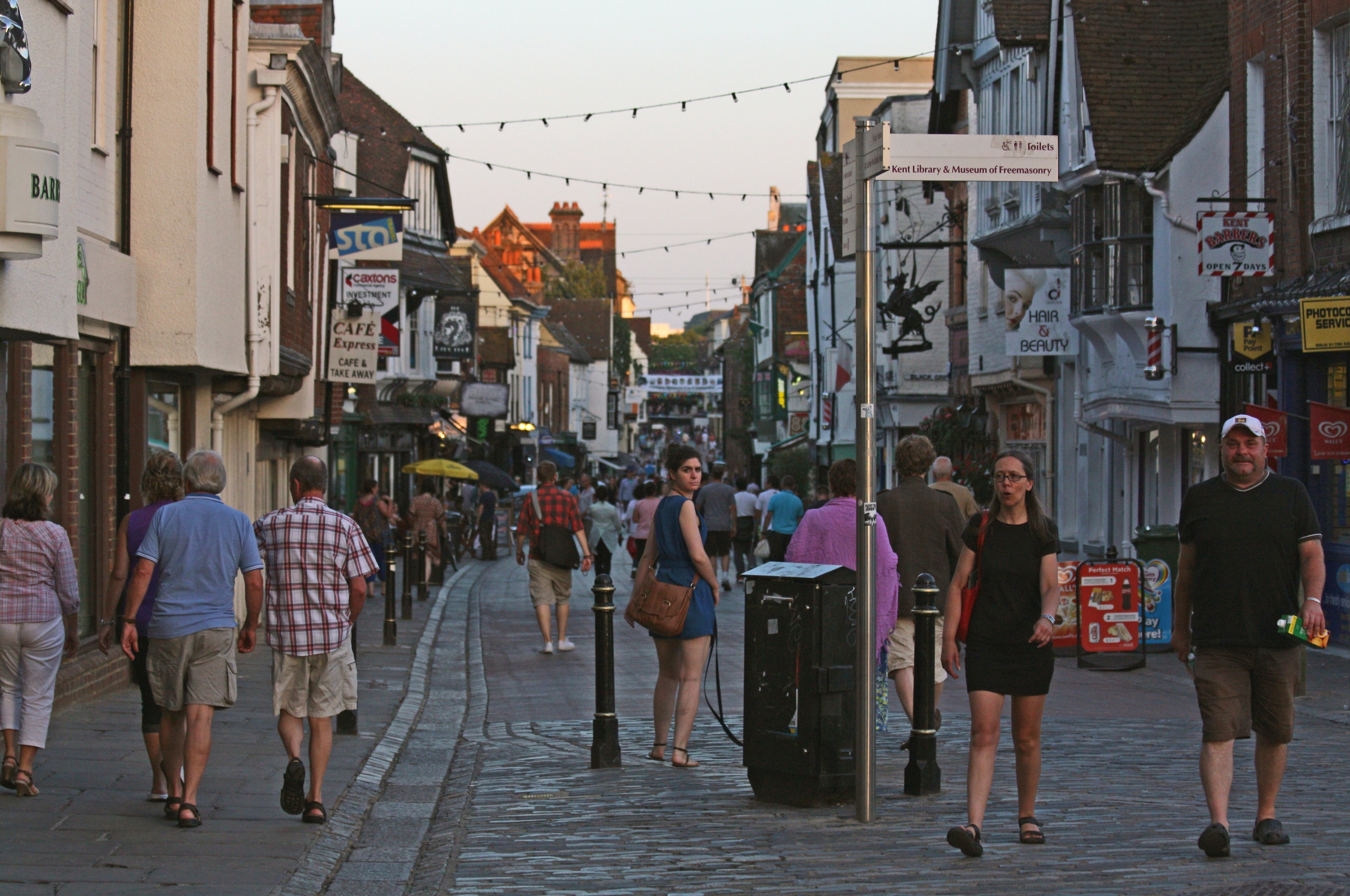












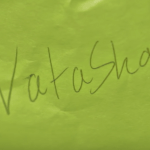
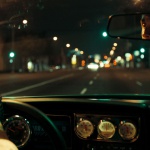
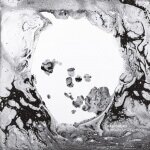

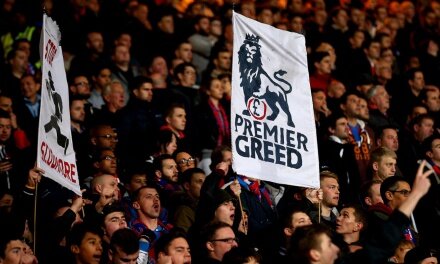




Discussions